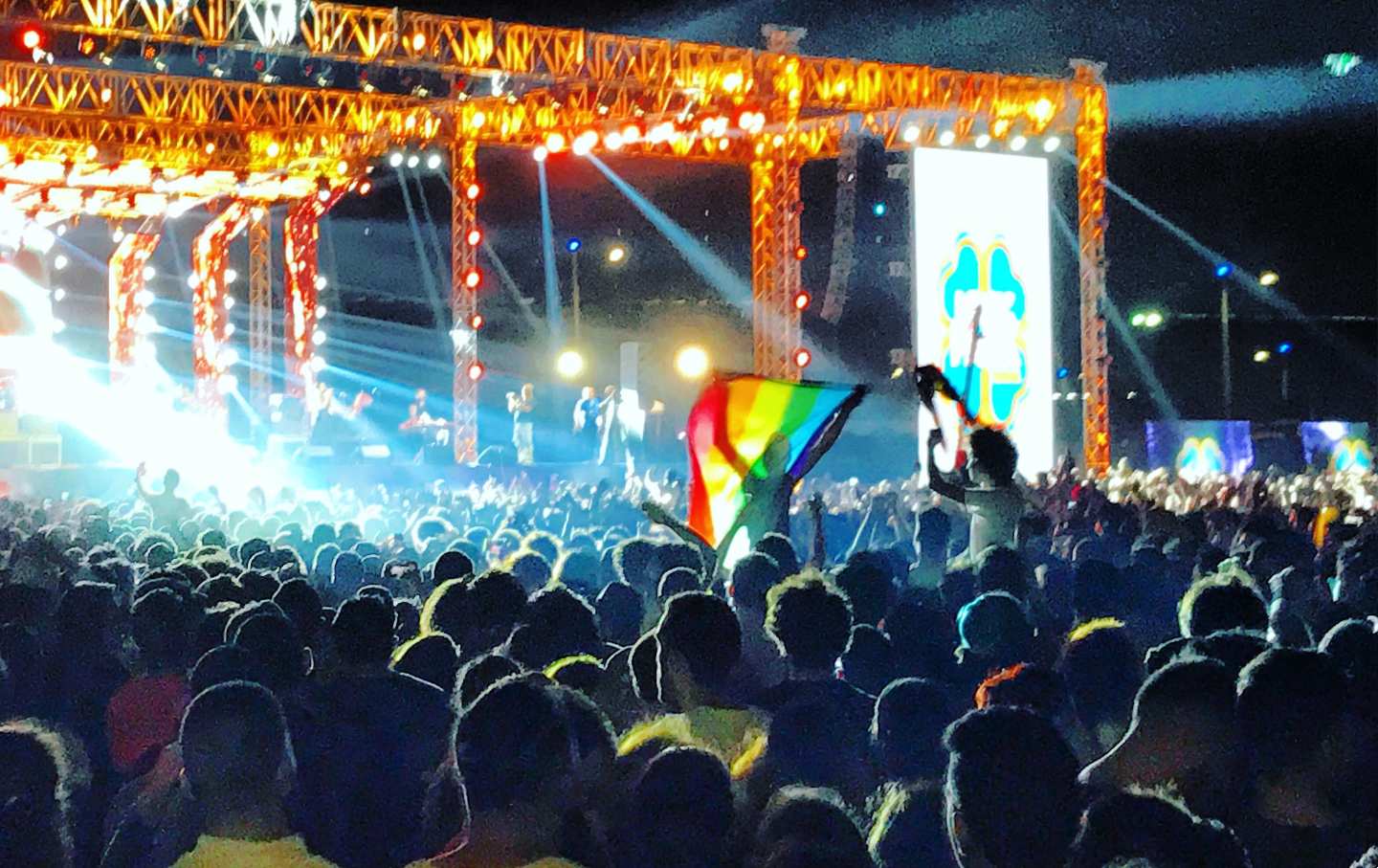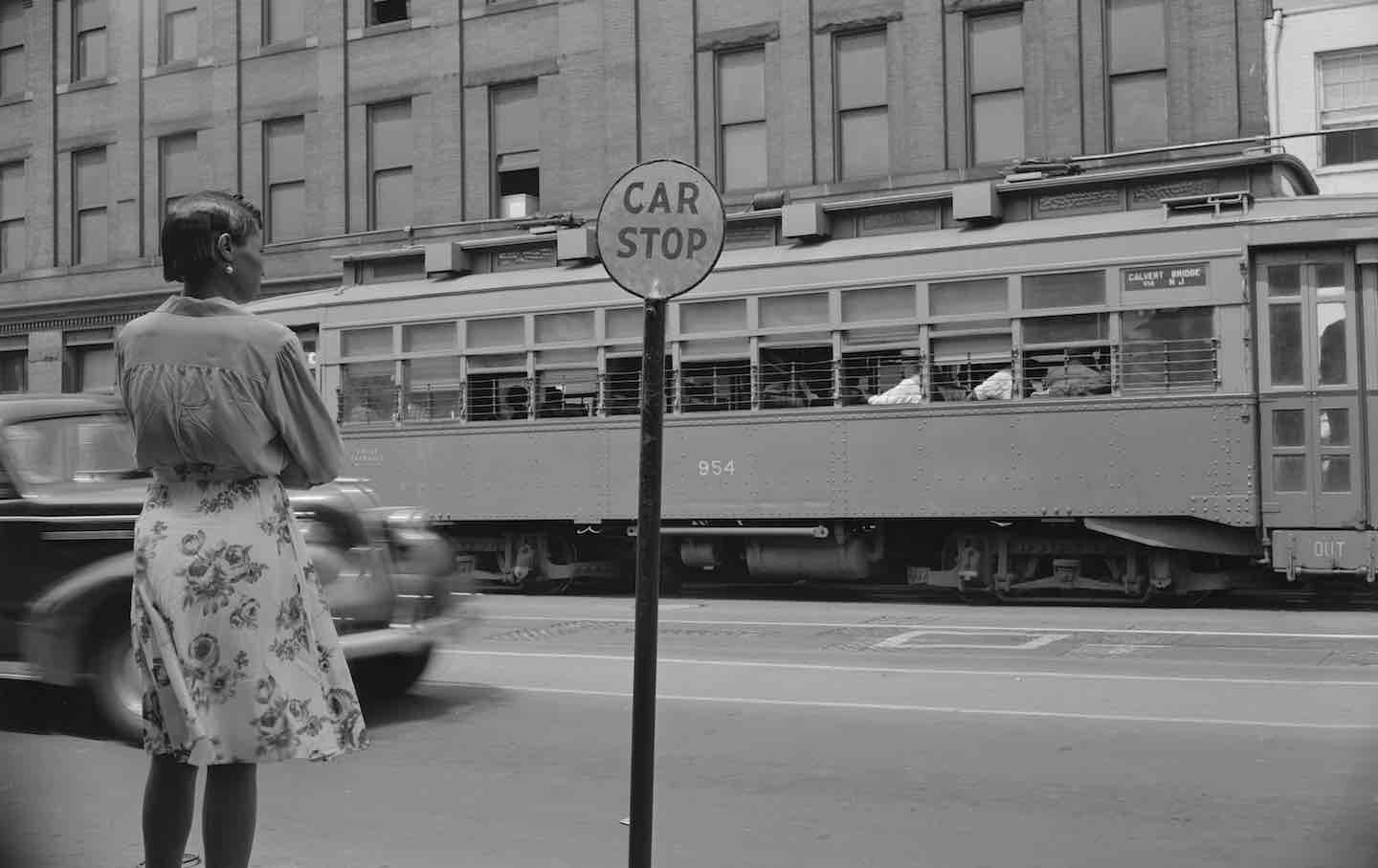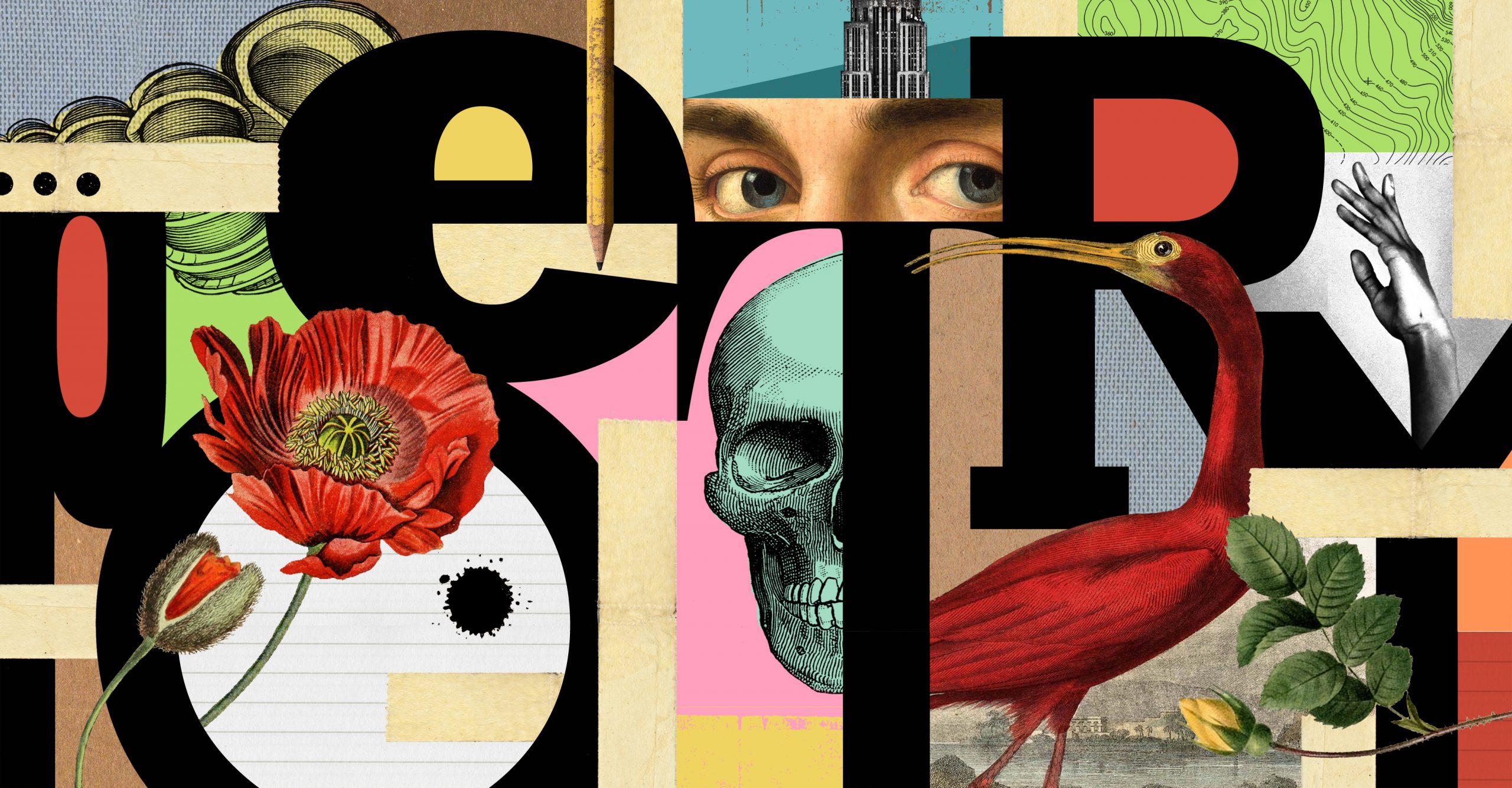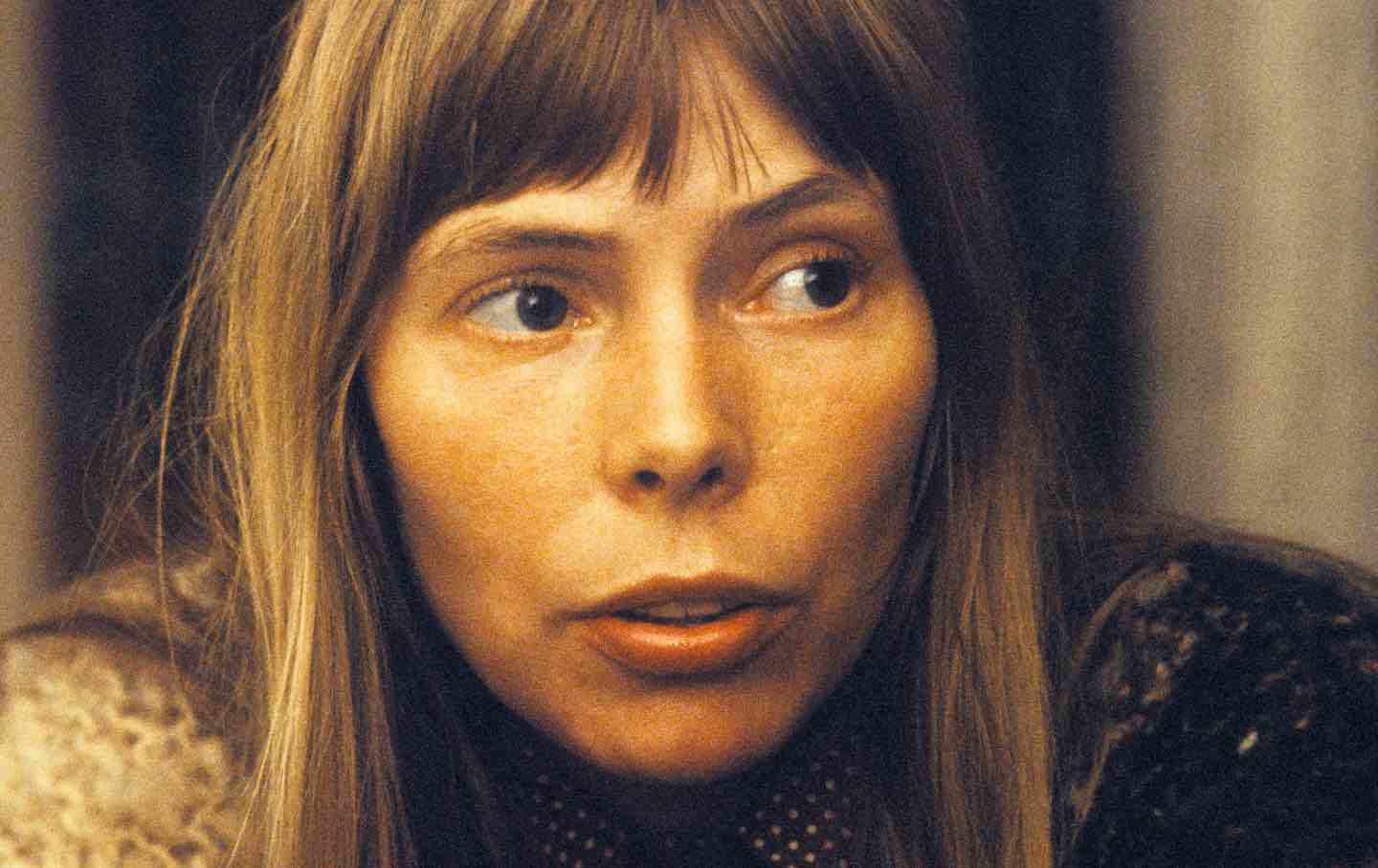
Culture
/
Books & the Arts
/
June 20, 2024
Christopher Bollen’s The Lost Americans captures the atmosphere of paranoia and surveillance in Cairo.
The Lost Americans captures the atmosphere of paranoia and surveillance in the years since 2013.
When I was growing up in Cairo in the 1990s, my great-aunts frequently talked about people who had been “suicided”—murdered by security agents of the state in a way that made their deaths appear self-inflicted. The most high-profile case was that of ‘Abd al-Hakim Amer, field marshal of the Egyptian Armed Forces, who allegedly died by suicide after the country’s humiliating defeat in the Six-Day War of 1967 under the rule of his erstwhile best friend Egypt’s charismatic dictator Gamal Abdel Nasser. My great-uncle was a military coroner at the time, and under threats to his life, he had to find appropriately ambiguous language for his report to make the death seem like a suicide to the lay reader, while conveying to other medical professionals an occult message that it was, in fact, a murder.
“Suiciding” someone wasn’t just a slippery way of evading justice; it was also a cruel method of calling into doubt the sanity of those who posed some threat to the state. In a country where suicide continues to be highly stigmatized, the very fact of such a death casts a question mark over the life that preceded it. By thereby impugning the mental stability of those who voice political critiques of Egypt’s successive military governments, the agents of state security have embraced “suiciding” as a favorite tool for quashing dissent.
While Amer swallowed (or was made to swallow) poison, in more recent years defenestration has become the Egyptian security services’ preferred method of “suiciding” prominent individuals. In 2001, Su’ad Husni (“the Cinderella of Egyptian Cinema”) plummeted to her death from Stuart Tower in London, an alleged suicide that most believed to be a state-security-engineered murder. In 2007, Nasser’s son-in-law Ashraf Marwan—subsequently revealed to be a double agent for Israel’s Mossad and Egypt’s General Intelligence Service—was likely pushed to his death from his fifth-floor apartment in London’s Carlton House Terrace.
It is therefore fitting that Christopher Bollen’s thrilling allegorical novel The Lost Americans places one such suicided “lost” American at its heart. Exploring the ever-murky alliance between the United States and the military dictatorship of Egypt, the novel tells the story of the mysterious death of Eric Castle, an employee of the Connecticut-based arms manufacturer Polestar. When Castle hurtles to his death from a balcony in downtown Cairo, his sister Cate suspects foul play. She cannot know for certain, yet her suspicions are raised not only because Polestar is so quick to offer the family a financial settlement, but also, more sinisterly, because the things the company says about Eric’s character—from his drinking habits to his sexual proclivities—just don’t ring true to her. But who could have needed to kill Eric, and why? Had he seen something unconscionable and spoken about it? Did his employer and its Egyptian masters need to ensure that if he had, no one would believe him?
As Cate is drawn into the world that her brother inhabited in his final months—including a bizarre suicide note of dubious authenticity and the quickly devolving lives of the people he befriended—she begins to fear that he was the victim of geopolitical machinations. As an employee of a missile supplier to the Egyptian military, the second-largest recipient of American aid after Israel, might Eric have seen too much? Could it be that her somewhat well-meaning brother couldn’t abide what he did see—from Egypt’s complicity in maintaining a siege on the Gaza Strip as part of its commitment to a post–Camp David consensus with Israel, to the military state’s violent policing and murder of African refugees fleeing across the Mediterranean?
To obtain answers, which her late brother’s employer becomes increasingly unwilling to provide, Cate flies to Egypt, where she plans to investigate the story for herself. Once there, she finds a paranoid society of expats and locals alike who live in terror of the military junta, its various corporate agents like Polestar, as well as its security services, which make life intolerable most of all for those without the means to flee. It is here that she encounters the novel’s most compelling figure, Omar, the gay nephew of one of her uptown Manhattan contacts, who commits himself to helping Cate resolve the mystery.
Current Issue

The Cairo that Cate and Omar explore on their hunt for the truth is one where politically motivated attacks on homosexual and transsexual activists and ordinary citizens alike have reached a fever pitch. It is a Cairo where eight men were sentenced to three years in prison for participating in a mock “gay wedding” in 2014, and where 25 men were arrested in a sting operation on a gay bathhouse the same year. It is a Cairo where the lesbian communist activist Sarah Hegazi was arrested in 2017 for raising a rainbow flag at a concert, then detained and tortured before she fled to the United States and eventually died by suicide. It is also a Cairo where the trans activist Malak al-Kashef was accused in 2019 of aiding a terrorist organization and disappeared for some months before being released.
Throughout their investigation in this Cairo, Cate and Omar encounter Egyptian hotel staffers of modest means who are also disappeared. They brush up against the unbearable condescension of expat wives toward the sub-Saharan African refugees they “assist” as a pastime. And they are forced to confront the desert wastelands of the mu’taqal, a place where arms experiments are conducted and the bodies of political dissidents and other troublemakers have been disposed of since World War II. I couldn’t help but feel chilled by the familiarity that Bollen’s petrifying palimpsest of political violence across a half-century of recent Egyptian history so powerfully evokes.
One way of reading a novel like The Lost Americans is through the lens of a kind of postcolonial paranoia—a suspicious form of reading that seeks to prove or disprove the accuracy of what the book presents to a presumably otherwise clueless or gullible audience. But Bollen’s novel makes this kind of reading difficult. It is not only clever and shrewdly observant; it is full of knowing and well-researched references to episodes from recent Egyptian history, from the central conceit of defenestration (or “suiciding”) to the descriptions of the central characters, many of whom bear echoes of the real-life Americans and Egyptians who (according to the acknowledgments) Bollen couldn’t get out of his mind while he was writing the novel. These include Christopher Cramer, the obvious inspiration for Eric Castle, an employee of a subsidiary of the Israeli arms company Elbit, who was “suicided” in Saudi Arabia in 2015. Omar is an amalgam of two other ghosts whom Bollen couldn’t exorcize: Sarah Hegazi, the lesbian communist, and Giulio Regeni, a Cambridge-based PhD student who was killed by Egyptian state security in 2016. Atmospherically, the thriller captures well the inescapable atmosphere of paranoia and surveillance anxiety that ordinary Egyptians find themselves suffocated by on a daily basis.
Yet if the content of Bollen’s well-researched, sensitive, and sympathetically rendered novel feels faithful to the experiences of locals and expats alike, there is something discomfiting about the form itself—a form in which a suicide/murder is neatly, if surprisingly, resolved by the novel’s end and its resolution disclosed to the reader. What makes this resolution and its disclosure so satisfying within the conventions of the thriller genre, though, is ultimately dissatisfying—even disturbing—on the level of political commentary.
The military junta that governs Egypt today does so by making its population subject to the power of irresolution: disappearances—of dissidents, of financial aid, of fair process—that cannot, and will not, be explained. If knowledge is a form of power, as Foucault once remarked, so too is the act of withholding knowledge, of rendering it inaccessible. The state’s imposition of ignorance on others is a mode of governance unto itself; it is a form of collective torture. The cases of Regeni, of Alaa Abd el-Fattah, and of countless others lost in such a way are rendered even more painful by the fact that the state refuses their loved ones—as well as those committed to the political causes they represent—access to any information about them. Through these acts of perpetual narrative suspense, the family and friends of the disappeared are captives to mysteries that will never be solved. In this way, while Bollen’s novel offers a highly accurate and acute rendering of contemporary Egypt, it misses one of its most terrifying features: In real life, Abdel Fattah el-Sisi’s sadistic state operates by rendering narrative settlements impossible. The novel gives us a neat resolution, even as Egypt’s political history of the last half-century refuses to. It is discomfiting to realize that in reading The Lost Americans, we as readers—as well as the author himself—find ourselves complicit with the governing powers that know, rather than with the subject population that does not.
In turn, this discomfort raises questions about who the “lost Americans” of the title are. Eric Castle is certainly one: Both his life and his death are shrouded in mystery. So is Cate and virtually all of the American characters in the novel: Each appears to be “lost”—naïve, fumbling, improvising—in one way or another. But their disorientation seems to suggest that these Americans, and the variations of the American imperial project they represent, were once on a more righteous path. If the title is intended to bear a hint of irony—perhaps like Graham Greene’s The Quiet American, set in an earlier nexus of the United States’ imperial misadventures—it is undermined by the narrative complicity that readers find themselves implicated in with the novel’s counterintuitive conclusion. The plot, despite itself, reaffirms these Americans’ messianic, if delusional, sense of mission.
Popular
“swipe left below to view more authors”Swipe →
Indeed, nowhere is this more symbolically clear than in the novel’s closing image. The gay protagonist, Omar—now safely ensconced in the United States after successfully seeking asylum there—drives into the Berkshires at sunset. The image is redemptive, and many readers will feel relief. But another, much darker reading is possible: If the story of Sarah Hegazi, the lesbian communist who killed herself after being tortured for raising the rainbow flag, is anything to go by, it is in exile in the “free West,” rather than at home, that these activists will most likely start to unravel.
So long as they remain in Egypt, they can harbor hopes that a geographical relocation might liberate them from the repressive political forces that seek to undermine their quest for freedom. But faith in the redemptive possibilities of exile have all too often proved illusory. As the events after October 7 have now shown, the systems of surveillance, deportation, and arbitrary detention that were everywhere activated after 9/11 have never really gone away. From Berlin to the Berkshires, politically outspoken Arab activists continue to face unprecedented repression in the “free” places that were meant to protect them. If Omar’s seemingly salvatory ride into the sunset is meant to invoke a sense of hope in the general reader, it might read far differently to the Arab queer. It reflects instead the narrowing horizons that Arab queers around the world face today: a dark choice between open windows—of suicide and suiciding—that seem to beckon, no matter where they are.
Dear reader,
I hope you enjoyed the article you just read. It’s just one of the many deeply reported and boundary-pushing stories we publish every day at The Nation. In a time of continued erosion of our fundamental rights and urgent global struggles for peace, independent journalism is now more vital than ever.
As a Nation reader, you are likely an engaged progressive who is passionate about bold ideas. I know I can count on you to help sustain our mission-driven journalism.
This month, we’re kicking off an ambitious Summer Fundraising Campaign with the goal of raising $15,000. With your support, we can continue to produce the hard-hitting journalism you rely on to cut through the noise of conservative, corporate media. Please, donate today.
A better world is out there—and we need your support to reach it.
Onwards,
Katrina vanden Heuvel
Editorial Director and Publisher, The Nation

More from The Nation

Peter S. Goodman’s recent book on the pandemic’s effect on global rhythms of supply and demand tries to answer why “the world ran out of everything.”
Books & the Arts
/
Brett Christophers

Neighbors and Other Stories, a posthumously released collection, looks at all the uncertainty and promise of coming of age during and after the civil rights era.
Books & the Arts
/
Kelton Ellis

Ryusuke Hamaguchi’s new film, an eco-thriller set in a sylvan Japanese town, explores the messy entanglements of human, machine, and nature that make up planetary existence.
Books & the Arts
/
Phoebe Chen


By focusing on the Black working class and its long history, Blair LM Kelley’s book, Black Folk, helps tell the larger story of American democracy over the past two and a half cen…
Books & the Arts
/
Robert Greene II

Ann Powers’s deeply personal biography of Joni Mitchell looks at how a generation of listeners came to identify with the folk singer’s intimate songs.
Books & the Arts
/
David Hajdu